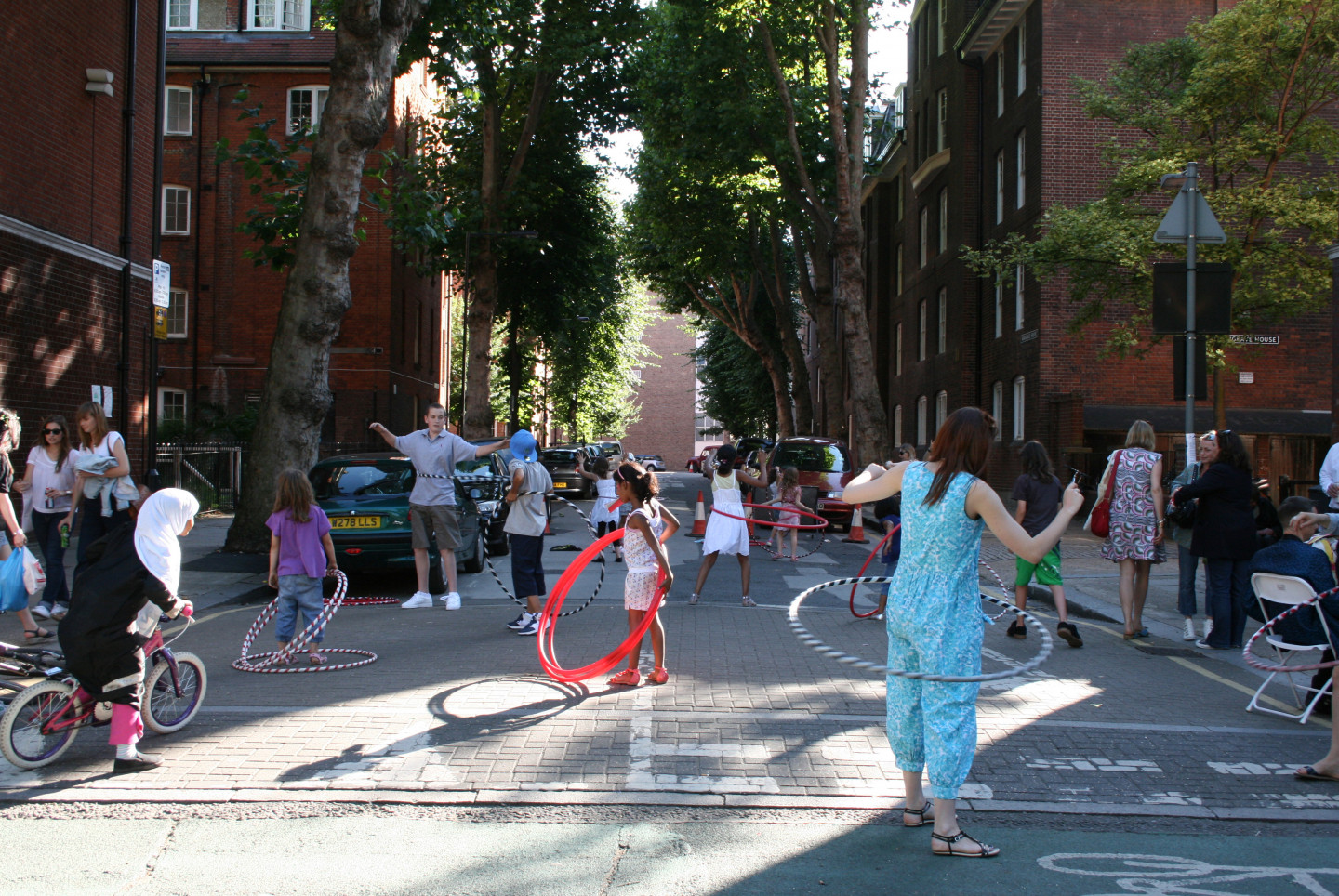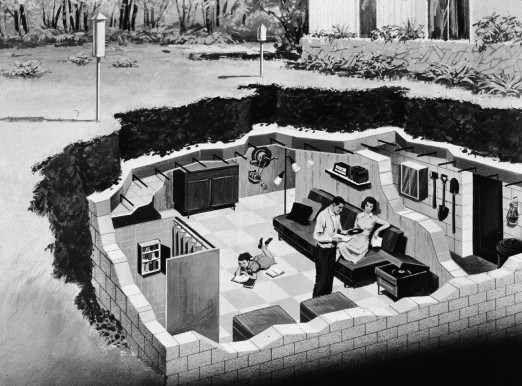Finn Williams of Common Office and founder of NOVUS, shares some thinking on innovative Public Space
Finn Williams’ CV includes a stint with Rem Koolhaas in Rotterdam, he was deputy team leader of the forward-looking Placemaking unit at Croydon Council, and his work has been exhibited at venues such as the 10th Venice Architecture Biennale, Tate Modern, Architecture Foundation. One of the few thinkers around architecture, planning and the production of space, to have appeared on the pages of GQ magazine which described Williams "as one of the youngest and most exciting urban planners in Britain."
Could you tell us a little bit about the “common” in Common Office?
Finn Williams: I hope people read the common in Common Office in a number of different ways. It stands for an interest in the everyday and the ordinary, as much as a belief in civic and public life. I founded Common Office as a way of finding a critical perspective on my day-to-day work as a public servant; through research, writing, talking and teaching. So the name is intended to be slightly faceless and bureaucratic.
There has been a lot of discussion around the nature of the ‘social’ in recent years, what do you understand by the idea of ‘Public’?
Finn Williams: The rhetoric behind the Localism agenda that has driven changes to the planning system over the last few years, and to a certain extent devolution, implied that a big society relies on a smaller state. From my experience of working with public spaces as a consultant, chair of a local charity, and council officer, I don’t think those things are mutually exclusive. In fact, I’ve seen that where you don’t have a well-resourced state it’s difficult to have a strong and balanced society. In a similar way, I think a healthy public realm relies on a healthy public sector. Our idea of Public in the UK depends on an active society, as well as the ability to engage positively with the state.

(Arnold Circus. Finn Williams is currently a trustee of the Friends of Arnold Circus)
Last year you helped set up NOVUS, a collective of public sector planners. Where does the creation of Public Space sit on the NOVUS agenda?
Finn Williams: The agenda of NOVUS is led by our members – anyone can host a session on an issue they’ve come across that they think is being overlooked or misunderstood in the national debate on planning. So far those topics have included Planning by Committee (or who decides the city), and Council Housing (or how the public sector can build our way out of the housing crisis). I think we’ll be looking at public space as part of a wider discussion about the long-term implications of an increasing reliance on private sector planning obligations to fund public infrastructure. At least in London, our members are finding it relatively easy to come by the capital to create new public spaces, but a lot harder to secure the revenue to take care of them.

(Central Parade, New Addington by Assemble, a project Finn Williams was involved with at Croydon Council)
What’s the most interesting Public Space project you have been involved in? What was the most important lessons you took away from these projects?
Finn Williams: The £50m Connected Croydon public realm programme I helped develop at Croydon Council was exciting to be involved in. How do you stitch back together a town centre divided by the legacy of top-down planning, in the wake of the 2011 riots? We concentrated on making the minimum moves necessary, and making sure they actually happened – starting with things as simple as signs and crossings. But the mistake I made was thinking we could also design activity in the public realm. The moment Croydon Council commissioned a pop-up Dubstep event in a disused multi-storey car park was probably the moment Dubstep died. (Councils tend to have the opposite of the midas touch when it comes to youth culture.) From that point on we realised it would be better to provide the tools for young people to create their own meanwhile uses than try to stage the events ourselves.

(The Opening at the Fair Field by the Decorators, a project Finn Williams was involved with at Croydon Council)
Can you give an example of a successful/and less successful Public Space?
Finn Williams: I’ve always liked the story of when French architects Lacaton & Vassal were commissioned to ‘embellish’ Place Léon Aucoc in Bordeaux. After spending some time observing the square they came to the conclusion that it already worked very well, and was well-used by the community. So instead of proposing any changes they converted their budget into a maintenance programme including more regular cleaning and taking better care of the trees. Our worst public spaces in the UK do the opposite, designed more for the photoshoot than ongoing use. They could learn something from the humility of Lacaton & Vassal’s approach.
Get tickets for Plaza Mania here £5 / £3 (students/concession)
Speakers:
Finn Williams, founder, Common Office; GLA Regeneration Area Manager, North-West & Central London
Dolan Cummings, co-founder Manifesto Club; editor, “Debating Humanism”
Kathryn Firth, Chief of Design, London Legacy Development Corporation
Phineas Harper, deputy director, Architecture Foundation; former deputy editor, The Architectural Review
Chair: Alastair Donald, convenor, Future Cities Salon


